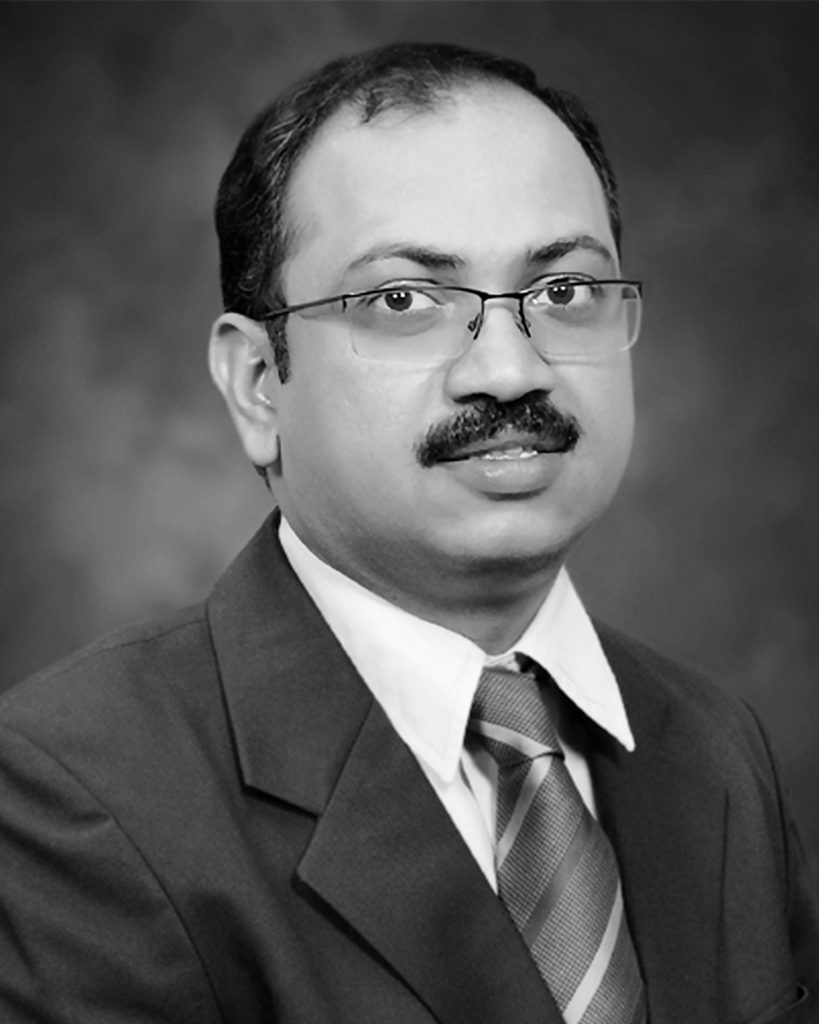India’s Urban Mobility Conundrum in a Post-Pandemic World
Date
July 28, 2021COVID-19 has altered the way individuals interact with and perceive urban mobility in India. Out of necessity, individuals were placed in a position where their major travel needs were adapted to a virtual setting. Becoming increasingly comfortable with at-home work, education, retail and entertainment, the need for transportation has become far less frequent.
Health and safety concerns rooted in the pandemic have also resulted in fewer individuals depending on public transportation, and instead, transitioning to walking and driving personal vehicles. This rapid modification has created a disconnect between India’s urban mobility infrastructure and its civilians’ current needs. While some of these trends may revert to their pre-pandemic behaviours, it is uncertain how long it will be before a significant reversal is seen. Until then, the changing urban mobility scene could pose multi-fold challenges to India’s current infrastructure.
In this contributed article found on page 20 of TrafficInfraTech magazine, Venkata offers an analysis of anticipated changes to the transportation sector based on historical trends, as well as his insights on key strategies to foster a successful urban mobility transformation. His strategies include ensuring new policies acknowledge the changing mobility needs, revitalizing public transit, and accelerating a digital transformation.
Read the full article hereVenkata Chunduru is a transportation systems professional currently working as a Director | Intelligence in India. With about 21 years of experience, Venkata primarily works on systems, technology, intelligent transportation systems (ITS), operations and investment appraisal for major transportation infrastructure projects, including highways, airports, ports and metro rail projects. Some of the notable projects he is involved are implementation of highway toll traffic management systems in India, radio-frequency identification (RFID)- based container tracking systems for a major Indian port, and development of Mumbai Metro master plan. At IBI Group, he is involved in Hyderabad Intelligent Traffic Management Systems, Hubli-Dharwad ITS, Intelligent City Operations and Management Centre (ICOMC), Bhubaneswar Smart City and actively involved in their business development efforts. He is a Fellow at Institute of Engineers in India, member of Institute of Transportation Engineers (U.S.) and is also a member of technical committee on transport planning and traffic engineering for the Indian Road Congress.









